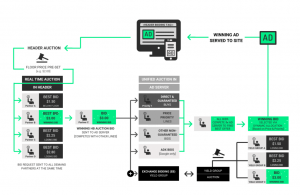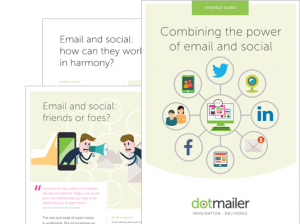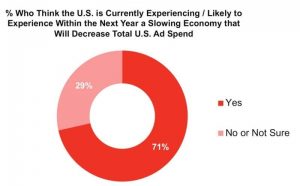Though call analytics platforms offer a host of benefits, it’s important to look at internal processes, training needs, pricing and more before making the purchase.
More and more enterprise marketers are using call analytics platforms to collect, analyze and act upon the growing volume of caller data now being captured from the billions of inbound calls to businesses. These tools offer a core set of competencies that automate and scale call tracking, recording, scoring, routing and fraud prevention.
But deciding whether or not your company needs a call analytics platform calls for the same evaluative steps involved in any software adoption, including a comprehensive self-assessment of your organization’s business needs, staff capabilities, management support and financial resources.
Before jumping in, gather your team and answer these 10 questions to help you decide if these platforms are right for your organization.
The phone continues to play an integral role in customer communications, particularly as more consumers work and shop from home. An Ipsos report commissioned by Google found that 70% of mobile searchers have used click-to-call capabilities to connect with a business.
If the revenue you are already attributing to inbound calls is greater than the cost of the platform, then it makes sense to invest in one. For example, if you are in the automotive, financial services or telecom industries, your customers have a high propensity to use the phone to qualify “considered purchase” decisions.
What kind of data can we pull out of calls? Call analytics platforms use AI- and machine learning-based speech analytics and natural language processing to provide robust insights into call quality, particularly around caller sentiment, tone and intent.
Prioritize the available call analytics features based on your most pressing business needs. For example, do you need to get started with basic call tracking data? Or send reports to clients (if you are an agency)? Are call conversions, missed opportunities or other in-call metrics most important? Or are pre-call tools, such as intelligent IVR and call routing more critical to your goals? The answers will help your organization choose a vendor that can help you meet your goals.
C-suite buy-in and appropriate staffing are crucial to the effectiveness of any call analytics platform. Increasingly, martech platforms such as call analytics are being managed by the CMO – and not the CTO or CIO. In either case, without the proper resources in place, the platform can end up becoming an expensive reservoir of untapped data with unfulfilled potential to increase revenue and improve your customer experiences.
Different platform vendors provide different levels of customer service – from self-serve to full-serve – and strategic consulting services. It’s important to have an idea of where you fall on the spectrum before interviewing potential partners. Training is essential. If your organization chooses not to hire internal staff, then consider whether you need to use a certified platform partner to effectively use the system.
Many enterprises work with different partners for email, e-commerce, CRM, social media, paid search, SEO and display advertising. Investigate which systems the call analytics vendor integrates with – whether natively or via API – and find out if they offer seamless reporting and/or execution capabilities with them.
What information do your marketing managers, salespeople, customer support teams and IT departments require to improve decision making? You want to know the specific holes in your current reporting that will be filled by additional functionality and, more importantly, you want to be sure that that extra information derived from call analytics will drive better decisions.
Enterprise call analytics platforms use on-demand pricing, meaning customers pay a monthly subscription fee that will vary by usage. The majority of vendors profiled in this report charge for both phone numbers and minutes. Some have platform and onboarding fees, and some do not. Examine your feature requirements closely, as modular pricing models mean vendors vary in their inclusion of some features as standard or add-ons.
The post Does your organization need a call analytics platform? appeared first on MarTech.
MarTech(16)








